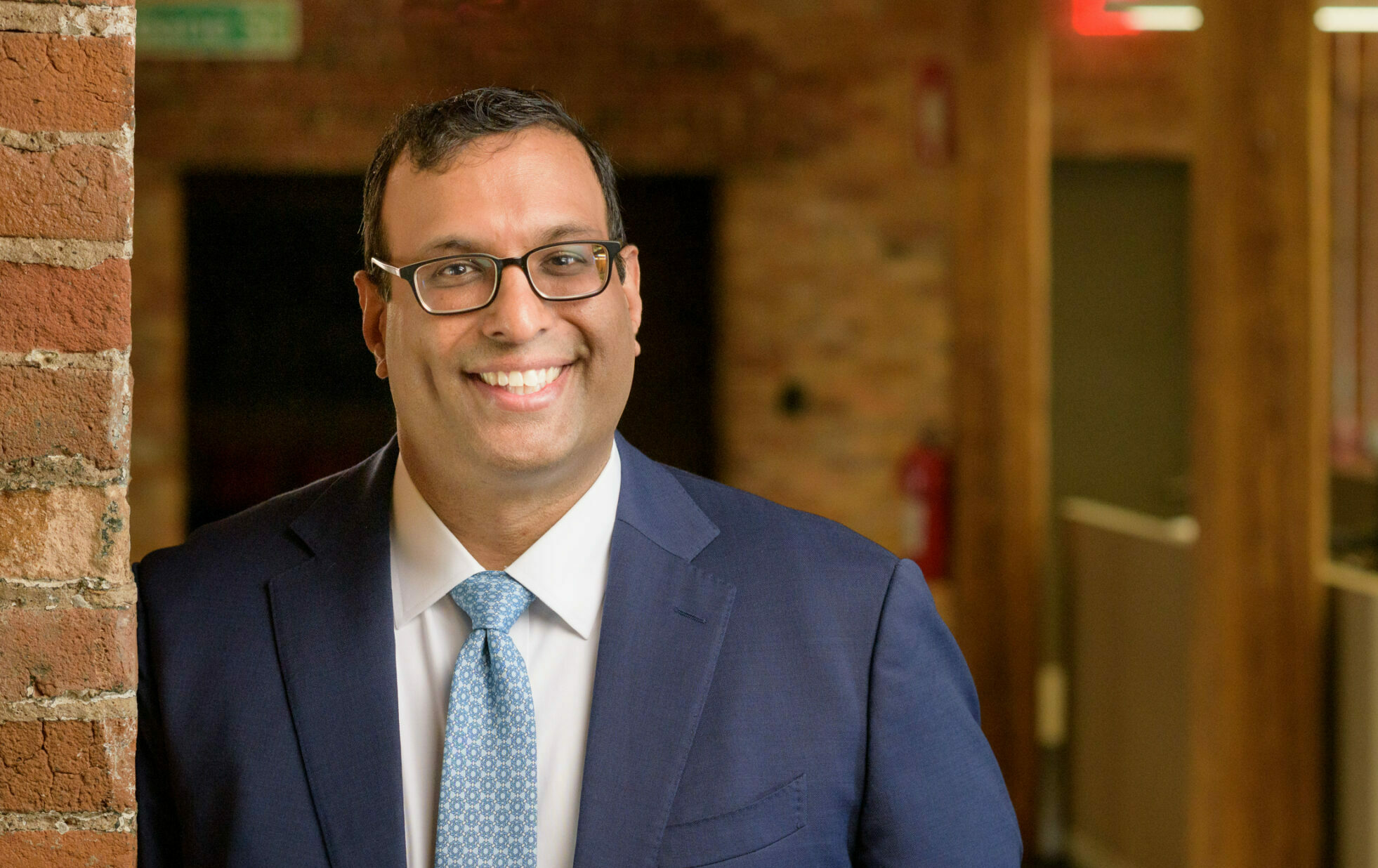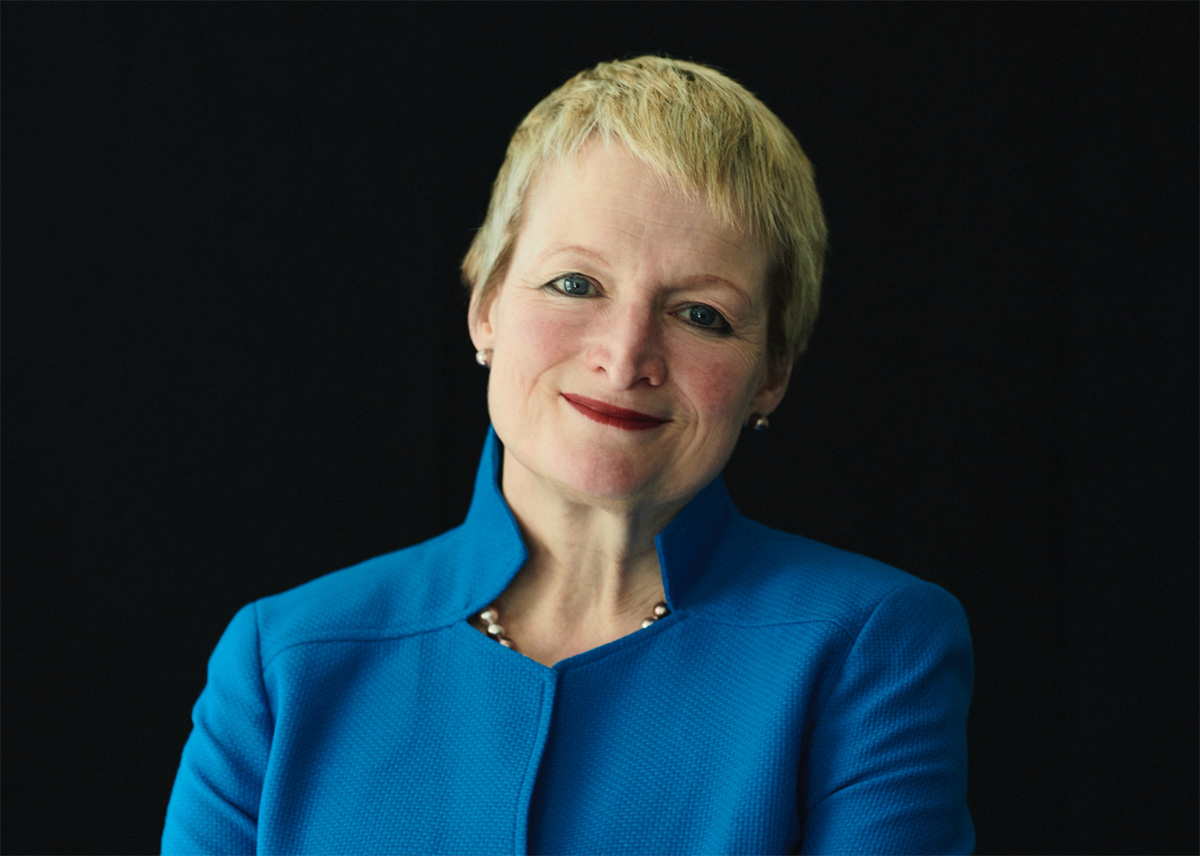Coaches can help leaders and key workers alike adapt to the new normal.
We are living and leading in times where nothing is predictable. Uncertainty, anxiety, frustration: for many of us, these emotions define our days far more than optimism, future-orientation and a focus on reaching new highs in our lives and careers. Yet to fight and win, all of us – from C-suite executives to essential workers on the frontlines of the crisis – need to find ways to access the best in ourselves. Coaching has a critical role to play.
Crisis often provides an opportunity to look at things differently. As Albert Einstein famously said: “The questions may be the same, but the answers have changed.” Canadian futurist and ‘trends-hunter’ Jeremy Gutsche suggests that the time of crisis leads to the time of chaos, which can lead to innovation, opportunities, and re-charting. Chaos changes the rules. Chaos can switch who is in the lead.
This is where crisis leadership comes into play. Effective crisis leadership can deliver opportunities in places that previously only had disadvantages. Organizations that successfully handle crises can come out of them stronger and with greater employee and stakeholder loyalty than before.
That begs a question: how can those individuals in charge resource themselves to provide that type of crisis leadership? One essential trait is resilience; also of tremendous help is clear communication, competence, calmness and empathy. Developing these abilities is where professional coaching is proven to make a remarkable difference.
The role of coaching
Coaching is defined by the International Coaching Federation as “a thought-provoking partnership that supports the client in reaching their fullest professional and personal potential”. A coach is a thought partner, an accountability partner, and a catalyst. They support their clients in achieving clarity about their goals and help in mapping out what is needed to achieve them. A coach can work with an individual or with a team, and help walk through the natural states of fear and lack of security, towards a position where opportunities and possibilities can be seen.
It is precisely in times of crisis that leaders must think ahead. It may be hard to be optimistic; it may be hard to challenge the status quo or rethink what is needed. A professional coach can support organizational leaders in preparing for the ‘new normal’. They challenge assumptions; they ask uncomfortable questions that may lead to more innovative solutions; they can help anticipate what additional changes, small or large, may need to be tackled; they can help achieve clarity about moving forward and building the plan to get ahead.
With support from a coach, leaders are better prepared and equipped to re-chart their organizations’ futures.
Coaches can help with another important potential outcome of crisis and chaos: learning. It is a unique time for organizations as well as individuals, and one which creates a rare chance to reflect and review which behaviors, attitudes, beliefs and actions should be brought into the future. It is equally important to consciously determine what can and should be left behind. Professional coaching can help with distilling this learning and making sure it informs the strategy and future actions of the organization.
Beyond the C-suite
But is coaching just for C-suite decision-makers? Who is the leader nowadays? There are many people who, facing the same problems as the rest of us, make themselves available to help. Those who come to mind are of course medical personnel on the front-line of this crisis: nurses, doctors, hospital workers, sanitation workers – and others considered ‘essential personnel’ or ‘key workers’.
They are called essential for a reason. They have significant responsibilities, and the coronavirus crisis has revealed incredibly inspirational stories about their work. Yet the chances of burnout, frustration and mental fatigue for such workers are very real. Coaching has been contributing a lot to such people’s wellbeing, through supportive conversations, listening, and simple availability for being with each other. For instance, the UK’s National Health Service (NHS) has worked with professional coaching bodies to create a system that offers pro-bono coaching to their vast group of employees. So far, over 4,000 professional coaches have donated their services. As one of the frontline workers said: “If there was a time to support NHS staff, now is that moment. We need a release; we need help in dealing with stress and fatigue. Coaching helps.”
In situations like this, of course, coaching is not the only – and may not be the best – form of support. Therapy, mental health support or counseling may be a better choice. Yet coaching can open so many possibilities and help people to understand their state of mind, make sense of their feelings, build their resilience, and help prepare them to cope with prolonged periods of stress, anxiety and uncertainty.
Helpers deserve help and professional coaches are one of the options. Coaching is an integral part of a thriving society and in times like these, coaching is not a luxury – it is a must. It is an important investment that can help individuals, organizations and large systems alike. In times of crisis and chaos, coaching changes lives.
– Magdalena Nowicka Mook is chief executive of the International Coaching Federation



